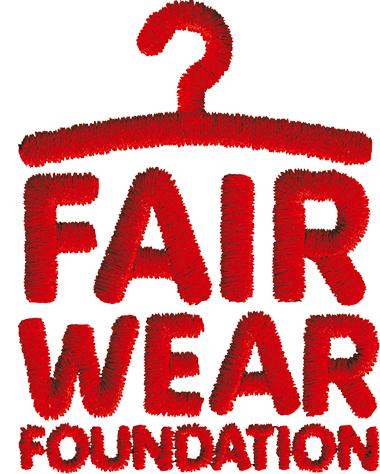Blutsgeschwister has shown advanced results on performance indicators. The company monitors 99% of its supply chain through FWF audits, meeting the threshold for members beyond the third year of membership. Blutsgeschwister fulfilled all monitoring requirements, including those for tail-end production locations. Together with a benchmarking score of 78 points, it remains in the ‘Leader’ category.
Blutsgeschwister´s sourcing strategy is to work with a consolidated supply chain and long-term partners, which allows the company to make progress in improving working conditions. Since becoming a FWF member, Blutsgeschwister has implemented significant and systemic changes to its design process and production planning, with the goal of supporting reasonable working hours. Blutsgeschwister continues to visit the majority of its suppliers each year, including the locations sourced via agents.
Blutsgeschwister is addressing systematic issues found in previous audits. The brand has created new contract templates with minimum wage requirements for all present and future business relationships with production locations. Blutsgeschwister continues to collect open costing information through two facilities (China, India), which helps Blutsgeschwister formulate a plan for how to ensure better wages are paid in the factories it uses. Blutsgeschwister has demonstrated great dedication to and knowledge on gender-based issues, not only by addressing them in its own supply chain, but also by creating awareness of these issues during several events and workshops organized by FWF.
Although the brand’s overarching performance showed advanced progress, the work on living wages needs to be accelerated in the coming year. The work done on this topic has already revealed areas for improvements at the production locations. This is a good start towards finding a cost-effective method for the payment of living wages
Download






